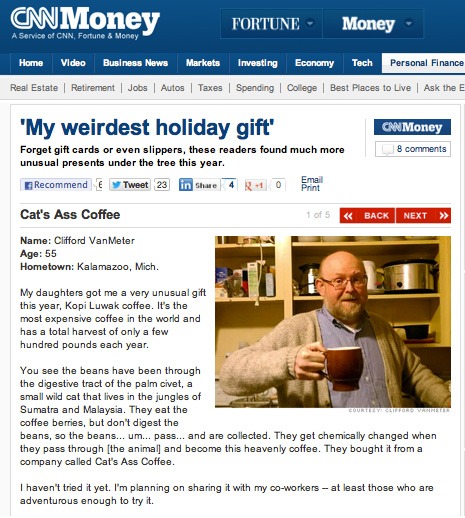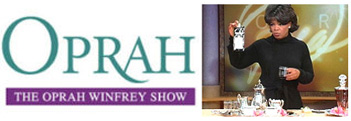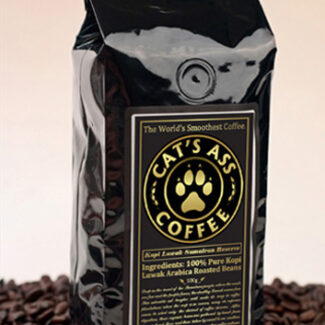
INGREDIENTS: 100% PURE, HAND-ROASTED KOPI LUWAK BEANS
There’s an amazing natural phenomenon occurring in the jungles of Indonesia. Around North Sumatra’s Lake Toba, half-cat, half-raccoon coffee cherry bandits are on the prowl. When the moon rises, these “coffee cats” steal into coffee plantations and use their keen senses of smell to seek out the choicest cherries. They gorge themselves until morning, leaving droppings behind.
The local coffee farmers don’t mind. The farmers and their farmer collective have been collecting these naturally-fermented wild kopi luwak beans for generations. After being washed, the beans are taken by oxcart to be hand roasted in earthen kilns by native coffee artisans. Cats Ass Coffee proudly purchases its Kopi Luwak beans directly from Indonesian farmer collectives.
THE PERFECT GIFT FOR CONNOISSEURS AND JOKERS ALIKE
Kopi Luwak has been touted by connoisseurs as the world’s best-tasting coffee. So what’s the secret? It’s all about the fermentation process which releases hidden flavor compounds you won’t find in ordinary coffee. Wild luwaks, or “Asian palm civets” love ripe coffee cherries. When the cherry flesh is digested, whole coffee beans steep in stomach juices for hours. The process releases locked-away flavors, and reduces acidity. This is why connoisseurs commonly praise both the flavor and smoothness of kopi luwak.
NO JOKE. THE BEST QUALITY ON EARTH COMES STRAIGHT FROM THE CATS ASS!
Kopi Luwak is often priced at over $100 per cup or more. At Cat’s Ass Coffee, we’ve democratized this rare delicacy by offering our product at affordable pricing. We whole-heartedly guarantee our product. If it’s not the smoothest cup of Joe you’ve ever had, simply return it for a 110% refund.
THE WORLD'S SMOOTHEST COFFEE, GUARANTEED


Give The Gift of Cat's Ass Coffee This Father's Day.
 You’ve taken so much shit from your dad over the years… like the time you dropped that pass in the playoffs, or when you brought home that lousy report card. On Father’s Day show him you care, and pour shit down his throat for a change.
You’ve taken so much shit from your dad over the years… like the time you dropped that pass in the playoffs, or when you brought home that lousy report card. On Father’s Day show him you care, and pour shit down his throat for a change.
Enjoy Cat’s Ass Coffee, the world’s rarest and most exotic coffee, for an affordable price. Imitations are selling in London for over 50 pounds a cup!

The Cat’s Ass Story begins as so many epic tales do, with a catastrophic supervolcano explosion that sets off a years-long global nuclear winter that nearly wipes out humankind.
The calamity in question was named the Toba Event, and took place around 70,000 years ago on the island of Sumatra. This was one of the largest explosive eruptive events in geological history. Ejecta projected skywards in the cataclysm were massive enough to overload the stratosphere and cool global temperatures for a millenium.
In the event, a torrent of pyroclastic matter composed of superheated gases, ash and solidifying lava drowned Lake Toba’s immediate surrounds, incinerating everything in its path. In moments, the entire area was buried in 10 meters of ash. The eruption was so powerful and ejected so much matter, it spread material across the entirety of South East Asia.
The decade-long volcanic winter that followed the Toba Event took a massive toll on humankind. Human populations were reduced to just 2000 breeding pairs. This forced a “genetic bottleneck” that had an impact on us all; a forced reduction in the diversity of the DNA of our species as a whole. Indeed, the markers suggesting we all descended from these Toba event survivors are apparent in the DNA of all living humans.
In the aftermath, the 100km wide crater formed by the supervolcanic explosion filled with water, becoming what is known today as Lake Toba. The nutrient-dense ash that fell around the lake nourished the soil, creating some of the most fertile coffee growing lands on the planet. Today, this part of North Sumatra is known for producing coffee beans reputed to be of the highest quality in the world, coveted for their rich flavors and earthy, spicy palates.
These same soils are where Cats Ass Coffee’s Kopi Luwak beans are grown.
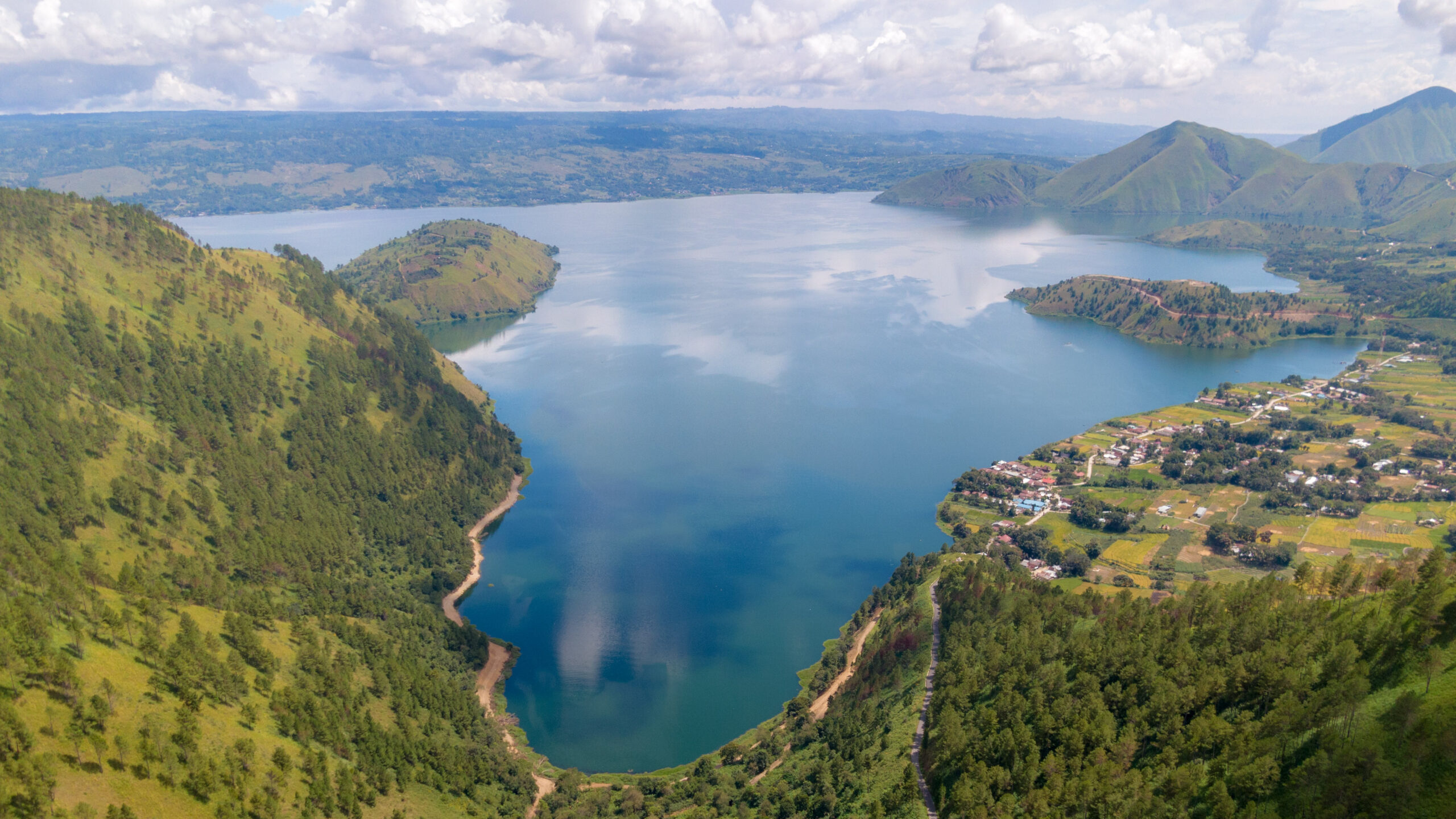
Enter the Batak People
Eventually, the area around Lake Toba would be re-settled by north Sumatra’s Batak people. Today, Batak coffee farmers work their single-owner plots where they produce regular coffee as well as kopi luwak. They are the ones doing the work of collecting the luwak droppings, which are filled with undigested coffee beans, and liter their plantation floors. They take the logs of beans, clean them, and then hand-roast them to perfection.
The Batak have long been an agricultural society, and they are unique among Indonesian people. Though most Indonesians are Muslims, Batak are Protestant. Of course, it wasn’t always so. Originally, the Batak practiced a syncretic religion of Shaivism, Buddhism and local culture for thousands of years, but with the arrival of the Dutch came new religions. Among the arriving colonials were missionaries there to proselytize new faiths, including one Ludwig Ingwer Nommensen.
Nommensen must have been quite the character.
He went into the jungle in the mid-1800s, wearing only his frock and carrying a copy of the bible. He emerged from the teeming jungle knowing nothing of who he’d find and proceeded to convert around 200,000 Batak. Adding to his challenge—Batak people were, at that point, ritualistic, cannibal headhunters who believed eating people’s hearts, palms and the soles their feet strengthened their tendi.
Of course, prior to conversion, the Batak were a people with their own language, culture and belief systems (all absolutely fascinating—we recommend you read the wikipedia page we linked to above) which Nommensen had to learn in order to persuade them to abandon their beliefs. Today, Nommensen’s legacy is still visible in Toba province where the sight of the modest protestant churches stands out starkly in a country that is predominantly Muslim.
The Batak people grow their coffee on mostly small, single-plot pieces of land rarely exceeding a hectare (2 acres) in size, managed by single families. This stands in stark contrast to the rest of the global coffee industry where we see major producers like Brazil, Vietnam, Columbia and others adopting highly mechanized, industrialized processes of growing and harvesting coffee with all of the contingent environmental effects on the environment.
The Genesis of our Kopi Luwak
When the idea to start the company came to Cats Ass Coffee’s founder, Jake, he was a resident of the Marina Bay Sands Singapore resort. Fun fact; The MBS is the world’s most expensive casino property.
Employed there by the hotel as the resident DJ, Jake found that his schedule was, for the most part, completely free. Soon after he took the job, Jake realized he needed another pursuit to fill his time. With DJ tours a prominent feature of his lifestyle, Jake wondered what kind of venture would work in his situation.
Jake had always loved coffee, and fancied himself a bit of an armchair connoisseur. Living in Marina Bay Sands’ luxurious casino setting, Jake was immersed in a luxury market setting. This unique experience gave Jake a lot of insight and helped him develop a deeper understanding and appreciation for the finer things. One day the spark struck, and Jake realized he could combine his love for coffee with his appreciation for luxury. His company could live online and sell the world’s most luxurious coffee.
It was the perfect business for someone living out of hotels and their suitcase in the fickle, feast-or famine world of DJ’ing. An online business could be worked on remotely.
Sourcing Kopi Luwak, the Quest Begins
Jake’s first order of business was to seek out premium coffee beans—the highest quality in the world. This is when he discovered Kopi Luwak: his new fascination. It was the world’s most expensive coffee, selling for hundreds of dollars per pound. He started contacting brokers and middlemen, but it wasn’t long before things started getting complicated. Issues of accountability and ethical operations began to proliferate. He realized that he himself had to go find the source of this coffee.
Fast forward to the Batak region of Sumatra, Indonesia.
…to a meeting between Jake and his newly-found farmer collective contact Mani. Mani was there on behalf of the collective to be his guide and interpreter. Mani was a great host, full of charisma and humor. He took Jake around the collective’s operations and village and introduced Jake to the farmers. After a few introductions and laughs, Mani turned to Jake and told him it was time to see an amazing natural phenomenon. “Let’s go see some wild luwaks!”
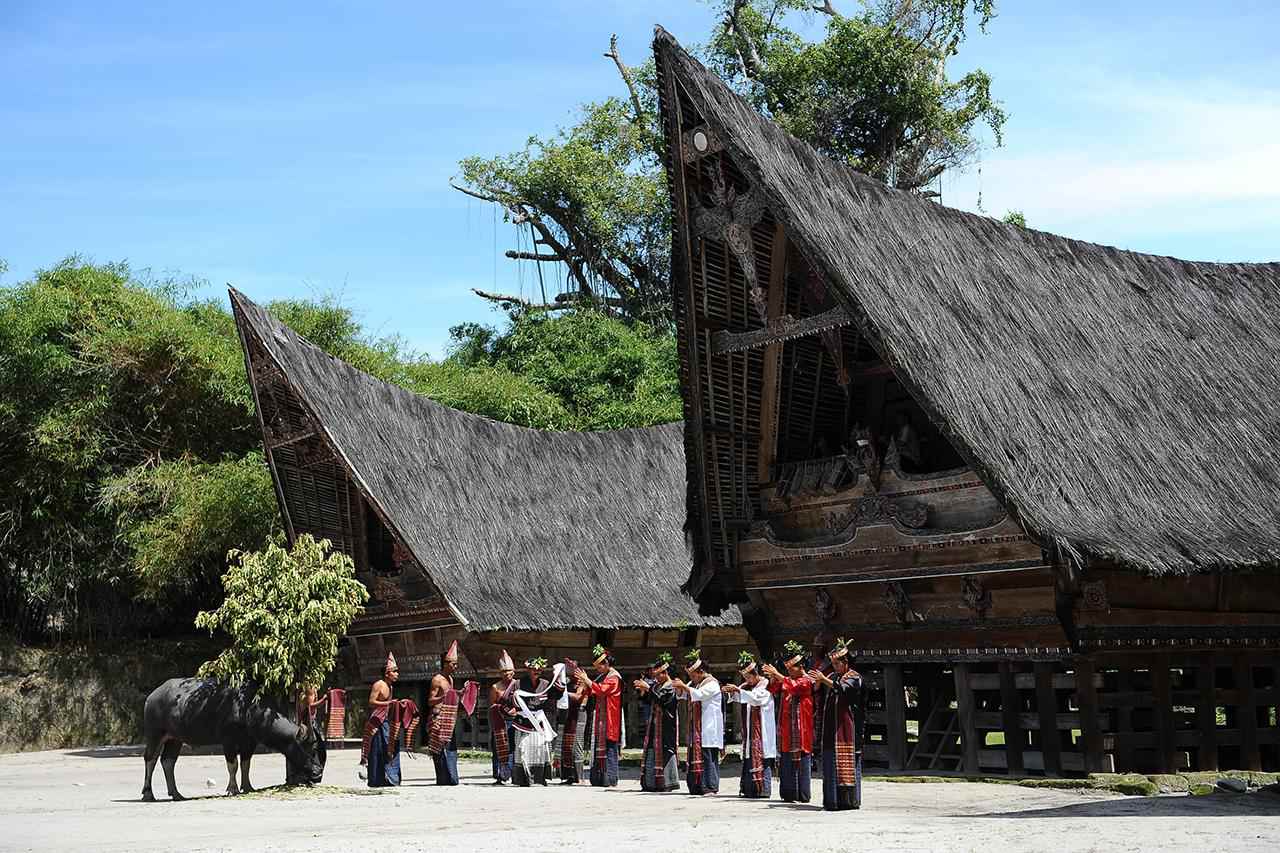
Mani took Jake to a coffee plantation belonging to one of the farmers in the collective. When Jake arrived, he thought the plantation seemed almost magical. There were rows of coffee plants full of coffee cherries right in the middle of the jungle! Mani explained that green coffee cherries weren’t yet ripe; the ripe ones were bright red.
Night fell, and the time for observing the nocturnal luwaks was upon them. Mani pointed to luwaks, known in English as Asian palm civets, emerging from the jungle. Jake watched, relishing the experience. Luwaks resemble something like a cross between a cat and a raccoon. The luwaks searched the plantation, using their keen senses of smell to seek out the ripest, healthiest red cherries so they could feast on them.
After gorging themselves on their cherry buffet, the luwaks left droppings—basically logs full of undigested coffee beans—around the plantation floor. In the morning, the farmers collected these droppings and then cleaned them, roasted them and then brewed themselves a cup of what is one of the world’s rarest indulgences. Jake watched the farmers enjoying their coffee, witnessing the added satisfaction of sampling a fine product created of their own hands. Jake was happy, he had seen it with his own eyes, this kopi luwak was indeed premium, organic, and fermented all-naturally by free-roaming, wild luwaks.
The fermentation process—which is thought to lend kopi luwak its amazing flavor and health qualities—takes place in the luwak’s digestive tract. There, digestive juices bathe the beans, reducing beans’ acidity and infusing them with nutrients. The raw product that emerges has the potential to become the smoothest coffee on the planet. Jake was amazed but also a bit dumbfounded. We’re drinking a product refined from cat shit? How did this practice even begin?
How Kopi Luwak Production Began
Mani chuckled and related the tale of kopi luwak’s origins—an event that took place in the Dutch colonial era. The reason why people thought “hey let’s brew this cat shit laying on the ground” came in part thanks to the Dutch. They were the first to bring coffee to Indonesia, where it was their intention to create a massive colonial plantation economy, and all the exploitation and abuses that implies.
The local Indonesians were tasked with growing and harvesting the coffee, but they were forbidden from taking any of the beans for themselves under threat of physical violence (or whatever dark ages pain compliance measures were in place at the time). With the consequences they faced for sampling their own crop so high, the local people were unable to taste the fruit of their labors.
But then they noticed something… Luwak droppings filled with whole, undigested coffee beans on plantation floors. The tribes asked the colonial authorities whether they’d be punished for using the beans in the droppings. The colonials sneered and told the locals to help themselves.
And so, they began to clean, roast and brew the coffee left in luwak droppings.
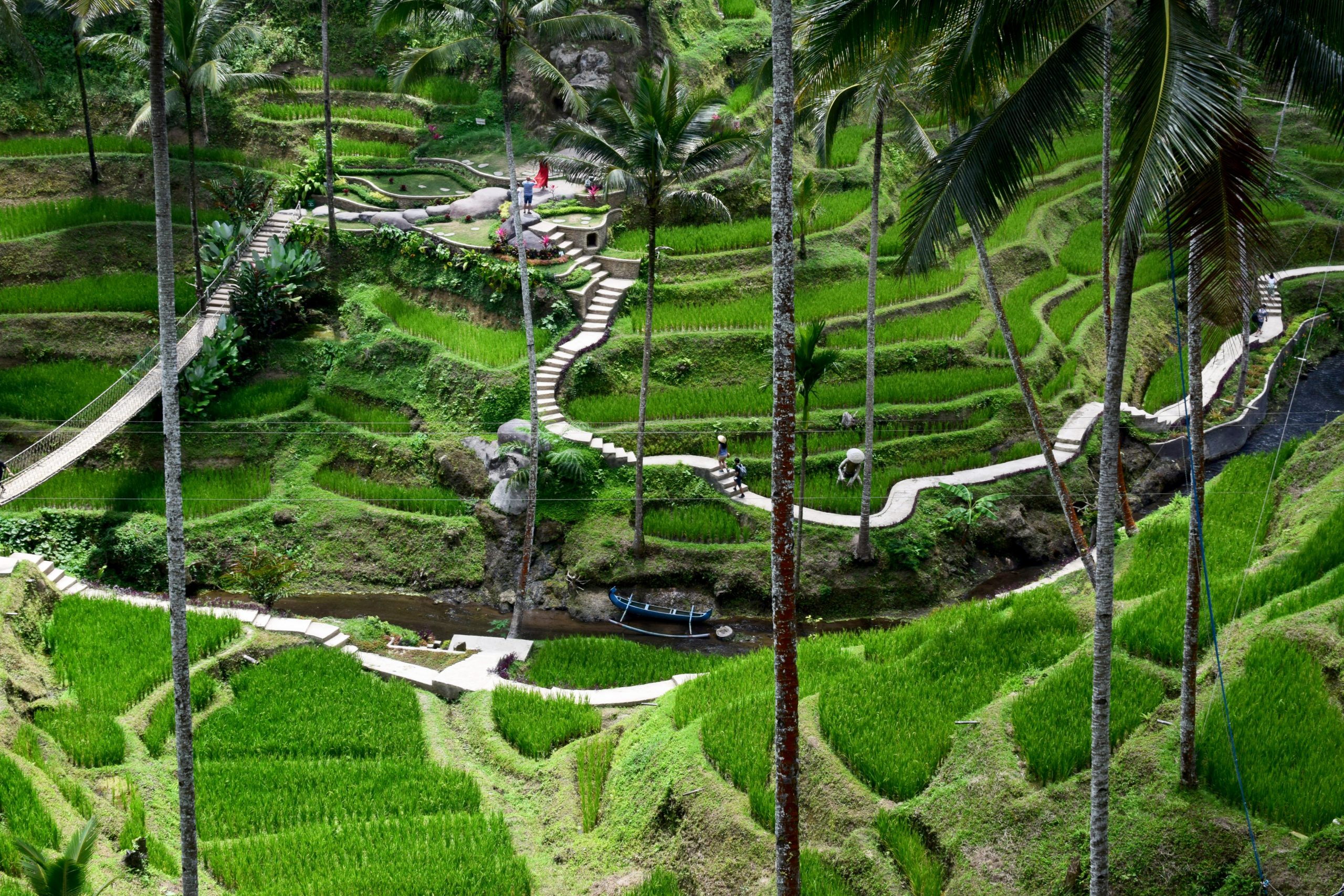
One day, the Dutch caught a waft of a sumptuous coffee aroma they’d never experienced before. When they inquired into the coffee being brewed they were dumbfounded. They sampled a cup. Unbelievably, the roasted luwak-shit beans produced a cup of coffee far superior to their own. The coffee was far smoother, with a more coherent and enjoyable palate. Word spread, and eventually, kopi luwak coffee would come to be renowned as the finest coffee in the world.
Jake was amazed. So this is how the practice arose! The story blew his mind. He knew right then and there what a singularly amazing product and tradition the Batak had invented. It’s important that people understand that this is not some weird gimmick, this is a natural phenomenon that occurs. It’s a human culinary art that developed out of revolutionary necessity, he thought.
Most importantly for Jake, the coffee wasn’t just of singular quality, but also of high ethical standing. This organically-grown kopi luwak, harvested from wild luwak droppings, is the most environmentally friendly coffee. It’s grown without pesticides on small single operator plots, and all of revenues go to the single farmers who negotiate prices themselves.
This coffee-collective grown kopi luwak ticked all the boxes. Not only would it be a superior, premium product, it would be the most ethical coffee as well.
Jake was sold. He made arrangements to start shipping coffee home to Vancouver. All he needed was a brand. He took the somewhat comic and absurd reality of kopi luwak’s origins, and added a dash of color from his own irreverent side, and named his brand Cat’s Ass Coffee.
Towards a More Ethical Coffee Industry
For Jake, the side effects of kopi luwaks rising popularity have included witnessing the rise of unethical kopi luwak practices such as caging luwaks and industrial farm style practices. During his pilgrimage to the source, Jake saw first-hand the caged luwaks in Vietnam.
Jake understood that the international coffee business can be a very exploitative affair, and industrial-scale coffee plantations often harm the environment in more ways than one. These are issues that Jake wanted to address with his brand – which he would use to support these wild harvesters and independent small family operators.
Jake’s desire has always been to improve on the current coffee business model. On top of a more ethical business model – Jake dedicates parts of the proceeds of his business to eradicating the caged luwak model.
To maximize the positive impact of his brand, Jake has committed to dedicating a portion of proceeds from Cats Ass Coffee to promoting organic agriculture and women’ s education in Indonesia.


